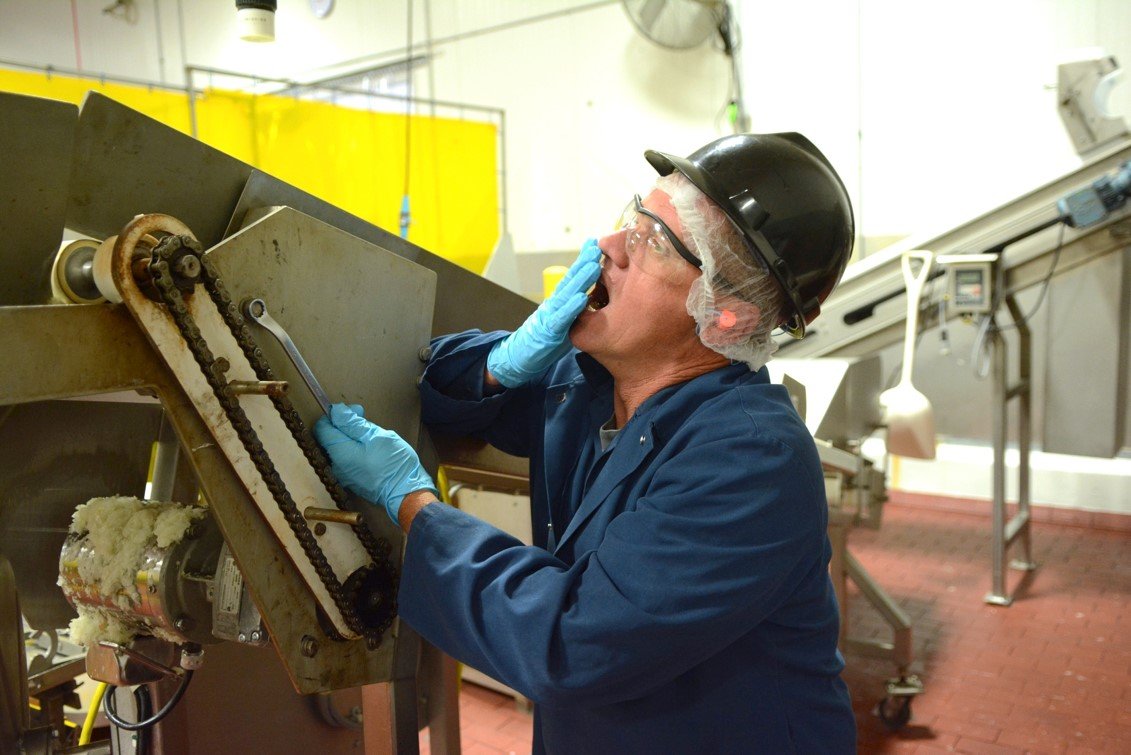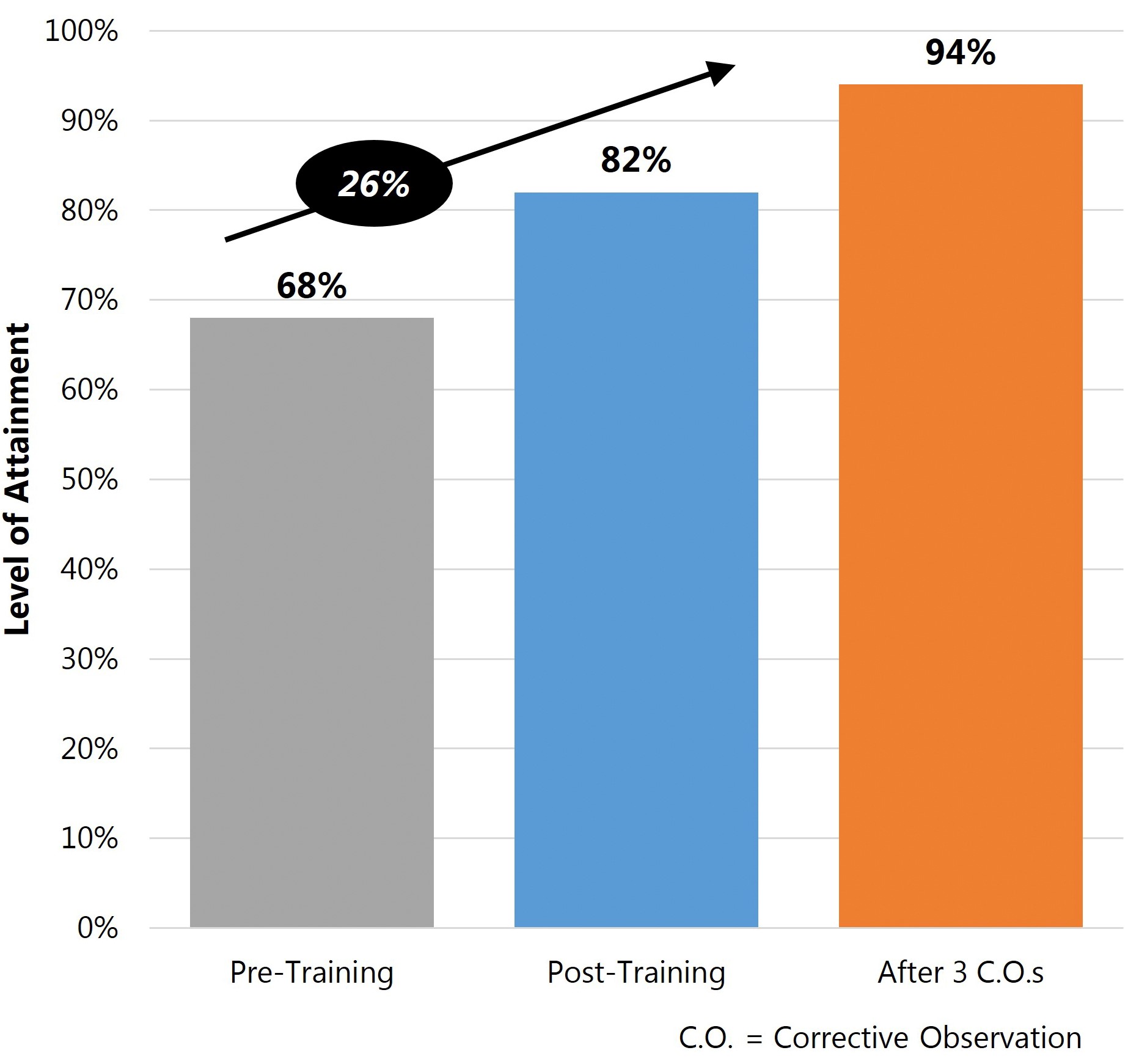Rules of Engagement: How to Create a Culture of Productivity

A recent Gallup poll showed that over 77% of manufacturing workers are disengaged in their work. This disengagement directly affects safety, quality, yield, and productivity in your organization. Additionally, the estimated cost of turnover for a firm of 100 employees creeps up on $500,000 annually. So, it’s more crucial than ever for companies to learn how to positively influence employee behaviors and attitudes.
To be successful, companies must understand how front-line workers learn, what motivates them to follow safety procedures, and how they best engage with supervisors and managers to build and maintain a culture that allows for continuous improvement.
According to the Gallup poll, employees in manufacturing or production jobs recorded the lowest levels of engagement with an average of 23%. That means that 77% of manufacturing workers are unengaged at work. Think of the negative impact this disengagement has on your safety, quality, yield, and productivity objectives.
The Positive Impact of Engaged Workers

In order to assess the value of supervisor to front-line worker mentorship, Alchemy commissioned a leading industry researcher to study the impact of corrective observations (CO) on food handler performance.
The multi-facility study found that supervisor to employee coaching, coupled with effective training, can drive employee performance among front-line food workers. This boost in employee performance not only lifts the bottom line, but also lifts employee morale.
{{cta(‘390fc2b2-e61f-4afb-af8a-8812eeb3af71’)}}
Key tips for improving engagement:
- Appeal to a multi-generational workforce – including millennial workers
- Shift from a “manage” mentality to a “mentor” mentality
- Consider moving away from annual performance reviews, and implement systems of continual feedback and positive reinforcement
- Keep communication two-way rather than top-down
- Make training interactive and fun
- Create an environment that is desirable to current and potential employees
Final Thoughts
The daily actions of front-line employees can be your greatest asset or your greatest liability. These studies demonstrate the importance of front-line worker engagement and the need for effective supervisor to employee communications.
*Editors Note: Join Wes Burke to learn more about recruiting and retention strategies at the North American Meat Institute’s Outlook Conference November 2-5, 2015 in Washington, D.C.






